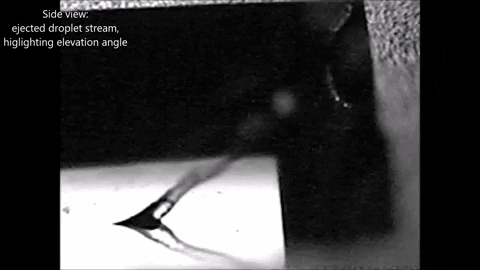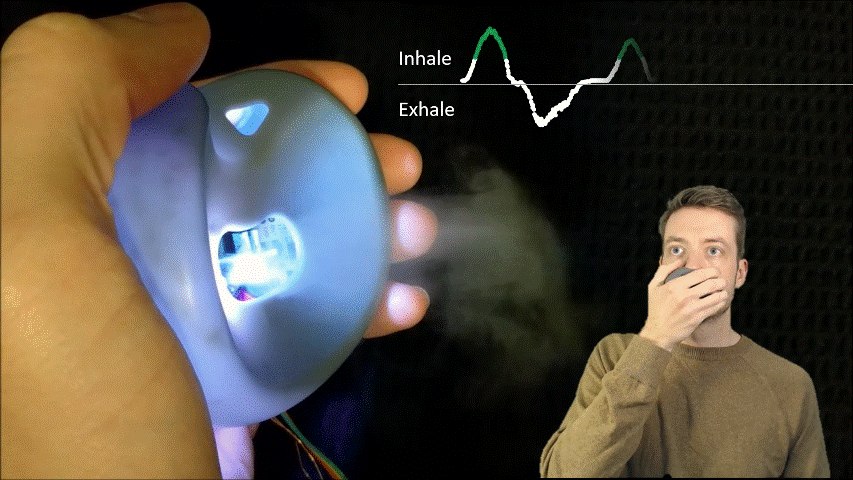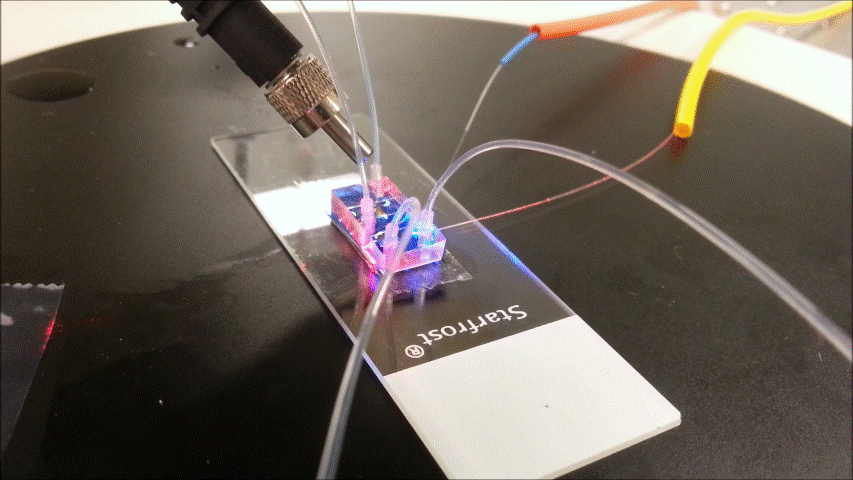On-demand Microfluidics
As part of our efforts in on-demand microfluidics we develop nano/micro-mechanical resonators embedded in fluidic channels and study the rich physical phenomena resulting from the fluid-structure interaction. We are primarily focussing on three key areas:
Ultrafast mixing
Effective and rapid mixing of liquids is crucial for synthesis of nanoparticles, which are widely used as engineered drug carrying vehicles and building blocks of new materials. When conventional, high throughput batch methods are used, mixing times can take up to several seconds. While seemingly short, the fluctuation of reactant concentrations and temperatures during this period significantly affects the end results, hampering particle uniformity. On the other extreme, a substantial reduction in mixing times (acoustic actuation often results in the fastest mixing) is not possible without a substantial reduction in throughput. While useful at lab bench, this significantly limits practical uptake of the technologies.
To address this, we have developed a series of mixers, which can homogenise liquids with varying viscosities in under milliseconds and at throughputs approaching 10 ml/min! The devices were used for nanodrug preparation, assembly of DNA and protein particles, controlled synthesis of perovskite nanoparticles. More recently, we have also demonstrated that the mixers can also be used to rapidly lyse cells opening new applications in biomedical sensing.
Aerosol Delivery
Our work on the interaction of microresonators and fluids resulted in new technologies for on-demand aerosol droplet generation. In this stream, we explore two competing approaches. The first generates and delivers a controlled number of droplets to a target location in a precise time. This is achieved through focussed acoustic pulses acting on a well-defined fluid interface. This approach offers unique advantages for sample delivery for spectroscopic analysis as it can control the spatiotemporal position of individual droplets. However, the small number of droplets prevents its use in a number of applications, such as drug delivery. Our second approach to aerosol delivery, Personalised Airway and Lung Management (PALM) overcomes this limitation by using bulk acoustic waves to rapidly draw liquid solutions from external reservoirs, generate aerosol droplets and tune their dose, diameter and uniformity on-demand. This patented technology has a tremendous potential for personalised inhaled therapy targeting specific regions of the airway (2 mm particles for the alveolar region and >10 mm for the nasal cavity).
High Throughput Screening
Over the past 10 years we and our collaborators have developed numerous modules for on-demand generation and manipulation of picolitre volume aqueous droplets inside microfluidic channels. These capabilities allow us to rapidly modify the reaction conditions and screen for multiple combinations in a short time. Currently we are combining the on-demand functionalities with optical spectroscopic techniques to monitor the reactions in real-time.



